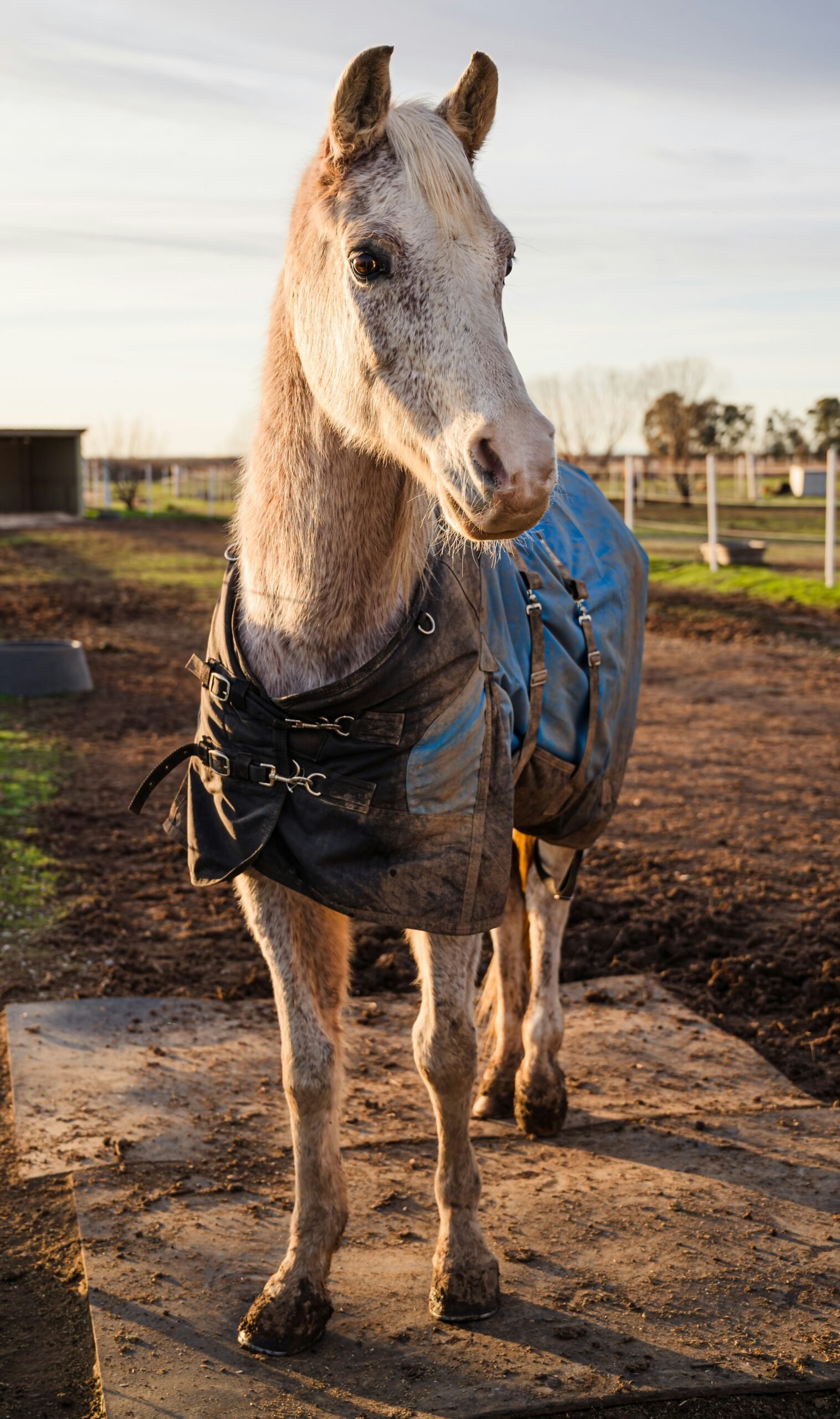Introduction: The Pressure of Expectations
In contemporary China, the journey through higher education is often marked by intense anticipation and rigorous demands. Mei Ling, a university student, embodies the pressures exerted on young scholars navigating this challenging landscape. Like many of her peers, she faces formidable expectations from both her family and society, often perceiving her academic success as a reflection of her worth.
The societal narrative surrounding educational achievement in China is one intertwined with cultural values such as honor, diligence, and responsibility. Families invest significant resources and time into their children’s education, fueled by aspirations for elite university placements and subsequent career success. For students like Mei Ling, this can translate into an overwhelming burden to excel, leading to anxiety and an exhaustive pursuit of perfection. The phenomenon of “keeping up with the Joneses” becomes pronounced, with students frequently comparing their accomplishments to those of their classmates.
Mei Ling’s experience is not isolated; it is representative of a broader trend where academic pressures contribute to mental health concerns among students. The requirement to consistently perform at a high level can strip away the joy of learning, making education feel more like a race than a path to personal development. As she juggles assignments, extracurricular activities, and social obligations, the emotional toll can become unbearable, often resulting in feelings of isolation and self-doubt.
Understanding Mei Ling’s plight is crucial to grasping the experience of many university students in China today. By examining the immense pressure of expectations, we can begin to appreciate the emotional challenges these students face while striving for academic success. This exploration sets the stage for Mei Ling’s transformative journey, exploring how she navigated her path toward balance and well-being amid the expectations that weighed heavily on her shoulders.
Mei Ling’s Struggles: Juggling Studies and Family Obligations
Mei Ling’s daily life was characterized by a relentless balancing act between her academic responsibilities and family obligations. As a diligent university student, she was enrolled in a demanding program that required significant commitment and focus. The pressure to excel academically placed immense strain on her mental well-being. Each day, she would rise early to attend lectures and study sessions, meticulously reviewing notes and preparing for upcoming exams. However, the relentless academic pressure soon became overwhelming.
In addition to her studies, Mei Ling was also a primary caregiver for her younger siblings. This responsibility, while fulfilling, contributed to her heightened sense of anxiety. Between ensuring her siblings completed their homework and attending to household chores, Mei Ling often felt stretched thin. Her evenings typically involved juggling class assignments and family duties, leaving little room for relaxation or personal care. The feeling of constant fatigue weighed heavily on her, causing her to question whether she could maintain the delicate balance she was striving for.
Furthermore, the expectations imposed by her family compounded Mei Ling’s stress. As the eldest child, she felt an obligation to set an example for her siblings while also meeting her parents’ aspirations for academic success. This dual pressure created a cycle of stress and self-doubt, making it increasingly difficult for her to perform at her best in both academia and her family role. Despite her best efforts, Mei Ling often found herself feeling inadequate, leading to episodes of anxiety that interrupted her study sessions. The struggle to meet these expectations created a pervasive sense of overwhelm, ultimately affecting her emotional and physical health.
The Turning Point: Discovering the Wellness Retreat
As academic pressures mounted, Mei Ling found herself enveloped in a world filled with deadlines, expectations, and an ever-growing list of responsibilities. This whirlwind of stress began to take a toll on her mental and physical well-being, prompting her to seek a solution that could help her regain control. It was during this tumultuous phase that she stumbled upon a pamphlet for a wellness retreat specifically designed for students. The concept intrigued her: a secluded environment aimed at promoting relaxation, self-discovery, and holistic health.
However, Mei Ling’s initial excitement quickly turned into hesitation. She questioned the practicality of attending a retreat, considering her packed schedule filled with classes and assignments. Moreover, even though she was aware of her overwhelming feelings, she grappled with the notion of taking time away from her academic commitments, fearing it might hinder her progress. This inner conflict prompted her to conduct thorough research on the retreat. She discovered that many past attendees reported significant improvements in their academic performance and mental clarity after participating. This information provided her with a glimmer of hope and ignited a desire to break free from her mounting anxieties.
Ultimately, the weighted benefits of the retreat began to outweigh her doubts. Mei Ling came to realize that a short hiatus could serve as a crucial stepping stone toward not only enhancing her academic success but also prioritizing her health. After a significant amount of contemplation, she decided to take the plunge and register for the retreat. This decision marked a critical turning point in her journey, setting her on the path towards reclaiming equilibrium in her life. It was a leap of faith into an unknown experience that promised a fresh perspective, opening the door to newfound possibilities.
Meeting Samuel: A Life Coach’s Impact
Mei Ling’s journey took a transformative turn when she met Samuel, a life coach from New Zealand, during a seminar focused on personal development. This encounter marked a pivotal moment in her pursuit of academic success, characterized by lingering feelings of overwhelm and stress. Samuel’s warm demeanor and professional expertise created an immediate rapport that made Mei Ling feel comfortable sharing her struggles.
During their first meeting, Samuel utilized a coaching approach that emphasized active listening and empathy. He encouraged Mei Ling to articulate her thoughts and feelings regarding her academic pressures. This practice not only provided her with an outlet for her worries but also allowed Samuel to identify areas where she could implement practical changes. His methodical approach highlighted the necessity of self-reflection, a key component in the coaching process.
Central to their conversation was the concept of mindfulness. Samuel introduced Mei Ling to various mindfulness techniques, explaining how they could help manage her anxiety and enhance her focus on studies. He guided her through simple exercises—such as grounding techniques and breathing exercises—to encourage her to become more aware of the present moment. This shift in perspective proved essential for Mei Ling; it enabled her to view her academic challenges as manageable rather than insurmountable.
Moreover, Samuel emphasized the importance of self-care. He encouraged Mei Ling to allocate time for activities that brought her joy and relaxation, arguing that such practices were critical for maintaining a balanced lifestyle. By helping her understand that nurturing her well-being could directly enhance her academic performance, Samuel instilled a sense of agency in Mei Ling. This first encounter laid the groundwork for her ongoing journey toward achieving both academic success and personal fulfillment.
Learning Mindfulness: Techniques for a Calmer Mind
Mindfulness is a powerful practice that can significantly enhance one’s ability to manage stress and anxiety, especially in high-pressure environments such as academia. In her journey towards achieving balance, Mei Ling learns various mindfulness techniques from Samuel that equip her with tools to foster emotional well-being and mental clarity. One of the foundational techniques introduced is meditation. Through regular meditation sessions, Mei Ling is taught to focus her attention and eliminate the distractions that often contribute to her overwhelming feelings. These sessions encourage her to observe her thoughts without judgment, allowing her to cultivate a deeper sense of awareness and presence in the moment.
Breathing exercises are another essential technique Mei Ling incorporates into her daily routine. Simple practices such as deep diaphragmatic breathing help regulate the body’s stress response and promote relaxation. Samuel instructs her to take a few moments throughout her day to pause and engage in these breathing techniques, which effectively ground her and reduce anxiety levels. By focusing on her breath, Mei Ling learns to create a mental space that enables her to respond to stressors with greater calm and composure.
Beyond meditation and breathing, Mei Ling explores additional strategies such as mindful journaling and nature walks. Engaging in mindful journaling allows her to articulate her thoughts and emotions, providing clarity and a sense of release. Meanwhile, spending time in nature encourages her to establish a connection with her surroundings, offering a serene backdrop to her evolving mindfulness practice.
By integrating these mindfulness techniques into her daily life, Mei Ling begins to experience a transformative shift. Not only does she feel more equipped to handle academic challenges, but she also notices an improvement in her overall quality of life. In conclusion, these mindful practices serve as valuable tools for Mei Ling, guiding her on her path to greater emotional resilience and academic success.
Mastering Time Management: Prioritizing Tasks
Effective time management is crucial for students like Mei Ling as they navigate the complexities of academic responsibilities and personal commitments. Samuel introduces Mei Ling to various strategies that help her prioritize tasks effectively, which leads to a remarkable transformation in her daily routine and overall well-being. One of the primary techniques he recommends is the use of a systematic approach, often referred to as the Eisenhower Matrix. This model helps her categorize tasks based on their urgency and importance, enabling her to focus on what truly matters. Tasks can be divided into four quadrants: urgent and important, important but not urgent, urgent but not important, and neither urgent nor important.
Additionally, Samuel encourages Mei Ling to create a daily or weekly planner. By writing down her commitments, deadlines, and essential tasks, she gains clarity about her obligations. This visual representation of her responsibilities not only alleviates stress but also allows her to allocate dedicated time slots for studying, extracurricular activities, and relaxation. Prioritizing her studies over leisure activities becomes feasible as she recognizes the value of staying organized.
Another pivotal strategy involves the principle of “chunking.” Samuel teaches Mei Ling to break down larger projects into smaller, manageable tasks. This allows her to make progress without feeling overwhelmed. Instead of viewing a significant research paper as a looming deadline, she learns to focus on completing one section at a time. By celebrating these small victories, her motivation increases, and she feels empowered to continue her academic journey.
By adopting these time management techniques, Mei Ling emerges more organized and focused, significantly reducing her feelings of overwhelm. This transformation not only supports her academic success but also promotes a healthier balance between her various responsibilities.
Transformation: Mei Ling’s Growth and Self-Discovery
Throughout her journey at the retreat, Mei Ling experienced a profound transformation that went beyond academic success. Initially overwhelmed by the pressures of her studies and personal expectations, she began to uncover aspects of herself that had previously been overshadowed by stress and anxiety. The serene environment of the retreat acted as a catalyst for self-reflection, allowing her to gain clarity about her life and priorities.
One of the key moments in Mei Ling’s journey was the realization that true success is not solely measured by academic achievements but also by mental well-being and personal fulfillment. As she engaged in various mindfulness practices and workshops, Mei Ling started to embrace a more balanced approach to life. She learned that managing her time effectively could alleviate the strain she often felt, enabling her to excel academically without compromising her health.
Her newfound confidence was evident as she began to set healthier boundaries with her academic workload. By actively choosing to prioritize her mental health, Mei Ling discovered that she could cultivate a more enjoyable learning experience. The shift in mindset allowed her to pursue her studies with renewed vigor, genuinely appreciating the knowledge she was gaining rather than simply striving for grades.
Furthermore, Mei Ling’s interactions with other retreat participants revealed the importance of community and support in personal growth. Engaging in meaningful conversations helped her feel less isolated in her struggles. This collective experience reinforced her commitment to maintaining balance and encouraged her to nurture connections that matter.
Ultimately, Mei Ling’s transformation signifies a significant step toward self-discovery, illustrating the power of prioritizing mental health and redefining success. Her journey serves as an inspiration for others who may find themselves in similar predicaments, urging the importance of embracing change and fostering a balanced life.
Achieving Academic Excellence: Graduation with Honors
Mei Ling’s journey through her academic career culminated in a moment of profound pride as she graduated with honors. This remarkable achievement did not merely reflect her intellectual capabilities but also illustrated her commitment to overcoming challenges. The road to this moment was paved with determination, resilience, and a continuous desire for personal growth. By leveraging the skills she acquired throughout her studies, Mei Ling was able to elevate her academic performance and meet the high expectations placed upon her by her family.
Throughout her academic endeavors, Mei Ling engaged in various strategies aimed at enhancing her learning experience. These ranged from organized study sessions with peers to utilizing effective time-management techniques that allowed her to balance her coursework and personal life. The skills she honed during this time, including critical thinking and active engagement with her materials, played a significant role in improving her academic performance. Her ability to synthesize complex information and present it smoothly distinguished her in a competitive academic environment.
Moreover, Mei Ling’s success is emblematic of a broader narrative surrounding the importance of mental well-being amidst the pursuit of academic excellence. By actively prioritizing her mental health and implementing self-care practices, she created a supportive environment conducive to learning. This proactive approach not only alleviated feelings of overwhelm but also fostered a sustainable model for success. As she stood on the graduation stage, her heart brimmed with joy—not only from her academic accolades but also from the realization she had achieved her family’s dreams while preserving her mental well-being.
Inspiring Others: Mei Ling’s Mission to Share Her Story
Mei Ling’s journey from overwhelm to academic success has taken on new dimensions since she overcame her challenges. Now equipped with personal experience and knowledge, her mission is to inspire fellow students who are grappling with similar pressures. By actively sharing her story, Mei Ling hopes to foster a sense of community and resilience among her peers.
One of the primary avenues through which Mei Ling pursues her mission is by organizing workshops that focus on mental health awareness and academic prioritization. These workshops address the common struggles many students face, including stress management and balancing academic responsibilities with personal passions. During these sessions, Mei Ling encourages participants to share their experiences, creating an engaging and supportive atmosphere. By facilitating discussions on effective coping strategies, she helps students realize that they are not alone in their struggles.
In addition to workshops, Mei Ling has also discovered the power of written expression in her outreach efforts. She has initiated a blog dedicated to mental health and wellness, where she shares personal anecdotes and practical advice on managing stress while maintaining academic performance. By documenting her journey, Mei Ling inspires others to embrace their vulnerabilities and prioritize their mental well-being. Her writings serve as a beacon of hope for students who may feel isolated in their challenges.
Moreover, Mei Ling collaborates with local organizations and academic institutions to maximize her impact. By partnering with mental health advocacy groups, she aims to extend her reach and drive change at a broader level. Through these initiatives, she not only encourages students to seek help but also emphasizes the importance of creating supportive environments within academic settings.
Ultimately, Mei Ling’s commitment to sharing her story exemplifies the profound impact one individual can have on a community. As she continues to inspire others to prioritize their mental health, she proves that resilience and success are attainable, no matter the obstacles faced along the way.






















No Comments
Leave a comment Cancel